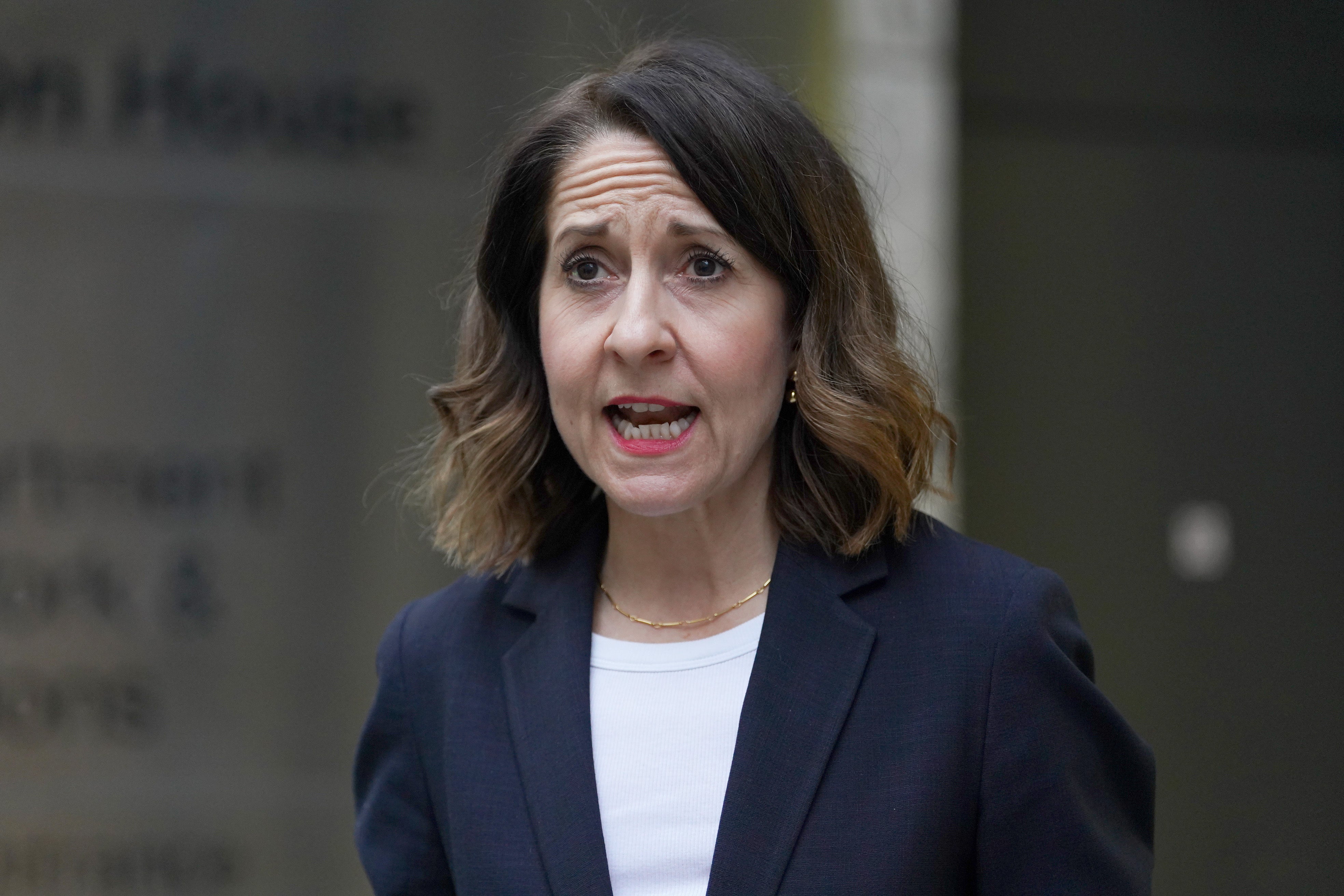Benefits of welfare outweigh the cost, Labour warned ahead of cuts
Sir Keir Starmer has said Labour could be “ruthless with cuts” at the upcoming Spending Review

Labour has been warned against any planned changes to the disability benefits system that would make them harder to access, as a new report arguing the economic value of disability benefits for those in need far outweighs the public cost.
The government has not yet announced its plans for health-related benefits, but has made clear that spending cuts are likely. Prime minister Keir Starmer has said that Labour would be “ruthless” in cutting benefits if needed to balance government spending, with more details set to come in the spring.
But stripping back the welfare system to cut costs “misses the bigger picture,” the report from Pro Bono Economics and anti-poverty Z2K has found. Their analysis finds that the economic value of disability benefits is not understood by ministers, urging them to reconsider any planned cuts.
Changes to the work capability assessment are understood to be central to government plans, with the Treasury committing to match a £1.3bn saving plan made by the previous Conservative government, which adds up to £3bn overall.
Under those plans, an estimated 450,000 fewer people would have qualifed for health-related benefits, although Labour has said it will re-consult on the changes.
Ministers have said changes to the current welfare system are necessary, pointing out the spiralling number of people claiming health-related benefits. There are now 3.7 million people of working age receiving them – 1.2 million more than in February 2020.

A consultation launched by the Conservatives in June put forward proposals such as changing the eligibility criteria for work capability assessments, redesigning the PIP assessment, and replacing certain cash payments with vouchers. Labour has said it will put forward its own proposals, but has not ruled out any of these measures.
However, the new report argues that any of these measures would be detrimental, finding that the economic value of ensuring disability benefits for those who need them far outweighs the cost to the government of providing them. This is because there is a monetary value attached to improving wellbeing, as set out in Treasury guidance, worth around £12,300 annually per person.
With around 3.5 million claimants currently receiving health-related support, this translates to a potential £42 billion in annual economic benefits. This would far exceed the £28 billion cost to the exchequer in delivering these benefits, the report finds.
Matt Whittaker, CEO at Pro Bono Economics, said: “Disability benefits provide crucial financial support for millions of people, helping to offset the extra living costs that many disabled people face in their day-to-day lives. But we now know that they do so much more: boosting the mental wellbeing and life satisfaction of recipients to a level well beyond the cash cost of delivery.
“Reforms to simplify the claims process would make this support even more effective, by improving the experience for existing claimants and removing barriers for many more who could benefit.”

The authors have urged the government to reconsider any planned changes to disability benefits which look to make ‘short-term’ savings. Their report argues that the benefits system already has too many barriers preventing claimants from getting the support they need. Any changes should make benefits more accessible, they add, rather than less.
Ayla Ozmen, Director of Policy and Campaigns at Z2K, said: “These findings show that the narrow focus on the rising cost of disability benefitsmisses the bigger picture. The report reveals that disability benefits actually provide a boost to the economy: spending on disability benefits should be seen not as a drain on public finances but as an investment in economic growth.
“Instead of focusing on how to make short-term savings by reducing financial support for disabled people, the government needs to recognise the wider economic gains of disability benefits and instead concentrate on ensuring support is available to everyone who needs it.”
He adds: “Removing or reducing hundreds of pounds of vital financial support for disabled people would have a devastating effect. Already over 88% of low-income households on disability benefits can’t afford the basics, including food, energy costs, prescriptions and transport to medical appointments. Further cuts will inevitably push people deeper into poverty and leave people in worse health.”
A DWP spokesperson said: “We have been clear that the current benefits system needs reform so it is fairer on the taxpayer and people get the support they need to move into work.
“Building on our Get Britain Working White Paper, we will bring forward proposals for reforming the health and disability benefits system in the Spring. This will be part of a proper plan to help disabled people who can work to secure employment while ensuring support is provided for those who need it, with a commitment to put the views and voices of disabled people at the heart of any policy changes that directly affect them.”
Join our commenting forum
Join thought-provoking conversations, follow other Independent readers and see their replies
Comments
Bookmark popover
Removed from bookmarks